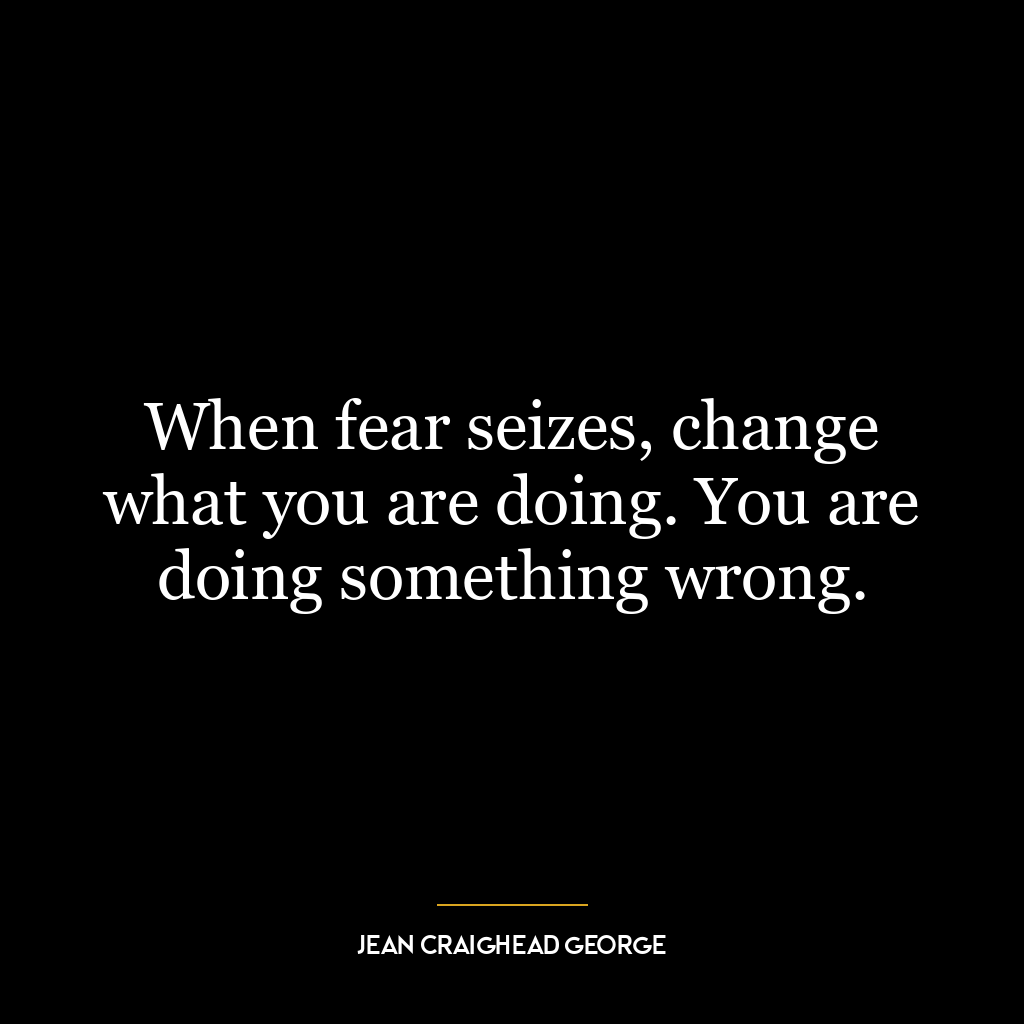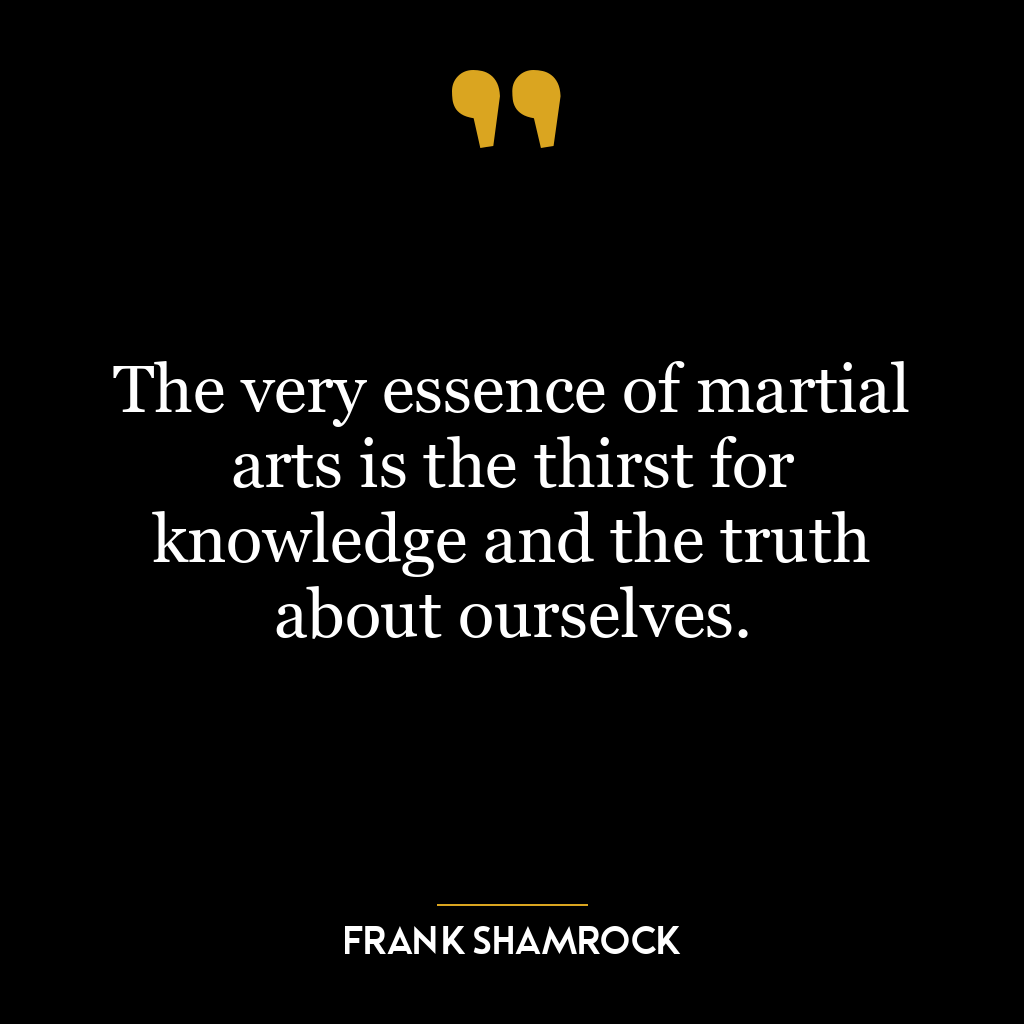This quote emphasizes the responsibility that comes with knowledge. It suggests that when one has access to information, one has a moral obligation to use that information to take action. Knowledge, in this context, isn’t just about understanding or being aware of something; it also entails the responsibility to act upon what one knows, to make a difference based on the insights gained.
This concept can be seen as a call to action, a reminder that passivity in the face of knowledge is not an option. It’s not enough to simply know; one must also act. This action can take many forms, from speaking out against injustice, to making informed decisions that benefit society, to using one’s knowledge to educate others.
In today’s world, this idea is more relevant than ever. We live in an age of information where knowledge is readily available at our fingertips. With this privilege comes the duty to use this information wisely and responsibly. For instance, in the face of climate change, those who understand the science and the potential consequences have a duty to act, whether that means reducing their own carbon footprint, advocating for policy changes, or educating others about the issue.
On a personal level, this quote can be applied to personal development in the sense that once we gain knowledge about ourselves—our strengths, weaknesses, passions, and fears—we have a responsibility to act upon that knowledge. This might mean seeking help when we’re struggling, making changes to improve our health and well-being, or pursuing a career that aligns with our passions.
In essence, the quote represents the idea that knowledge is not a passive state of being, but an active one that requires response and action. It’s a reminder that with great knowledge comes great responsibility.











